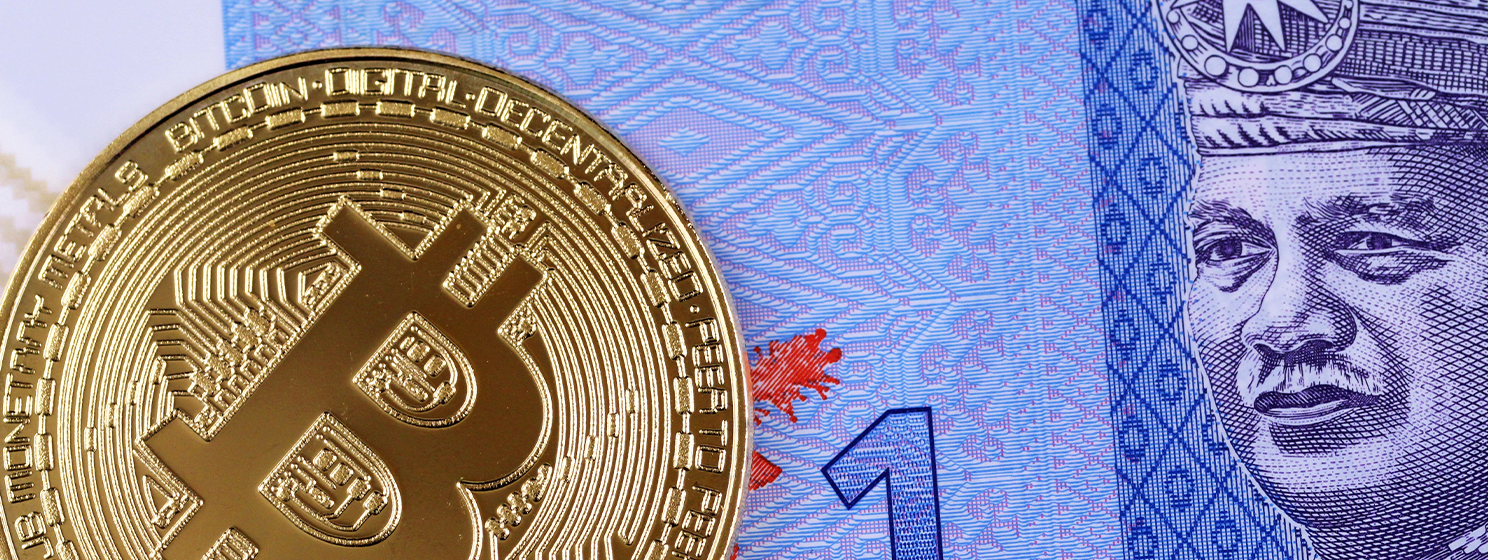|
Getting your Trinity Audio player ready...
|
The Nepal Rastra Bank (NRB) has issued a new framework to identify critical payment systems in the country and make them impervious to disruptions and other black swan events. Meanwhile, as Zimbabwe’s economy gingerly picks itself up, experts are highlighting a significant surge in the volume of digital payments in the African nation.
- Nepal tightens finance ecosystem
- Making a foray into the emerging tech industry
- Zimbabwe secures financial systems growth
- Africa’s payments milestones
The Nepali banking regulator has set things in motion for the new system, issuing guidelines and licenses to ecosystem players. Dubbed the Systemically Important Payment Systems (SIPS), the NRB disclosed in a statement that large-value and time-critical financial transactions will come under the newly minted system.
The central bank added that the move is geared to bring important payment platforms under appropriate oversight to prevent systemic disruptions to the financial landscape. The new framework leans on four major objectives, with the first being the identification of critical payment systems and ensuring that they remain operational around the clock.
Furthermore, the central bank’s framework will assist regulators in spotting risks to payment systems while improving monitoring standards in the ecosystem. While the NRB has issued operational licenses to nine payment system operators, executives disclosed that the framework will be key in identifying the systemically essential systems.
A cursory glance at the framework reveals that regulators will prioritize payment systems that are highly interconnected to other systems in the country.
While the framework spells out regulators’ duties, financial services providers are required to abide by minimum operational standards. For starters, platforms must have strong legal bases and possess the bandwidth to handle inherent credit and liquidity risks.
Furthermore, service providers are required to notify the banking regulator of key changes in their operations. The framework recommends annual self-assessments by financial institutions, urging them to comply with international best practices.
Before launching the framework, the NRB relied on a raft of standards to identify critical digital payments. Using specifications from the Real Time Gross Settlement (RTGS), the NRB prioritized time-critical and large-volume payments.
Ahead of the curve in financial innovation
Despite a late entry into the race for financial innovation, Nepali regulators have their fingers on the pulse of digitization with emerging technologies. The NRB has made a foray into a central bank digital currency (CBDC) via the launch of a policy amendment to give legal backing.
Meanwhile, authorities have opened the floodgates for cross-border financial collaboration with India’s Unified Payments Interface (UPI), racking up impressive milestones in Nepal. In 2024, law enforcement agencies intensified their efforts to combat digital asset fraud, following the previous blocking of access to BTC-related websites.Digital payment boom in Zimbabwe
Elsewhere, the Reserve Bank of Zimbabwe (RBZ) pegged the value of digital retail transactions in Q2 2025 at an impressive $5.93 billion. In Q1, retail transactions gained $4.4 billion, with the latest figures representing a 34.09% increase between quarters.
Meanwhile, wholesale digital transactions spiked by 15% in the same window, underscoring a warm embrace of digital payment in Zimbabwe. Experts have identified several factors behind the growing number of digital payments in Zimbabwe, with government initiatives at the core.
Since the start of the year, Zimbabwe’s central government has backed the proliferation of POS machines, deploying 152,000 devices to merchants in Q2-2025. Furthermore, the deployment of RTGS, electronic funds transfer (EFT), and other emerging technologies in the payments ecosystem has contributed to the surge in digital payment volume.
Leaning on ZimSwitch, the national payments switch, several financial institutions are reaping the benefits of ecosystem interoperability. The launch of the gold-backed ZiG has helped boost digital payment metrics for the ecosystem, with the government defying the International Monetary Fund (IMF) to roll out the offering.
Outside government policies, mobile money platforms have onboarded millions of users, riding the wave of high mobile penetration in the country. Furthermore, some experts have identified chronic cash shortages in Zimbabwe as a key factor forcing enterprises to pivot to digital payment platforms.
Digital payments surge across Africa
Despite the adoption spree, Zimbabwean authorities have urged enterprises and financial service providers to formalize their operations, brandishing stiff penalties for defaulters. Already, the country has clamped down on the operations of black market forex traders, with bankers noting an uptick in forex volumes on official channels.
African countries are recording an upswing in digital payment metrics since the start of the year. Mobile money and a vast network for financial technology companies have sent digital payments surging in Tanzania, as a government-run instant payment system records $11.7 billion worth of transaction volume.
Pundits have tipped the digital payments industry in Africa to hit $1.5 trillion by 2025, but experts are tracking surging fraud rates correlating with financial digitization. Meanwhile, cross-border payments on the continent are poised to reach $1 trillion by 2025, buoyed by growing bilateral collaboration and increasing financial inclusion metrics.
Watch | Decoding Prosperity: How Blockchain Drives Inclusive Growth

 02-21-2026
02-21-2026 




